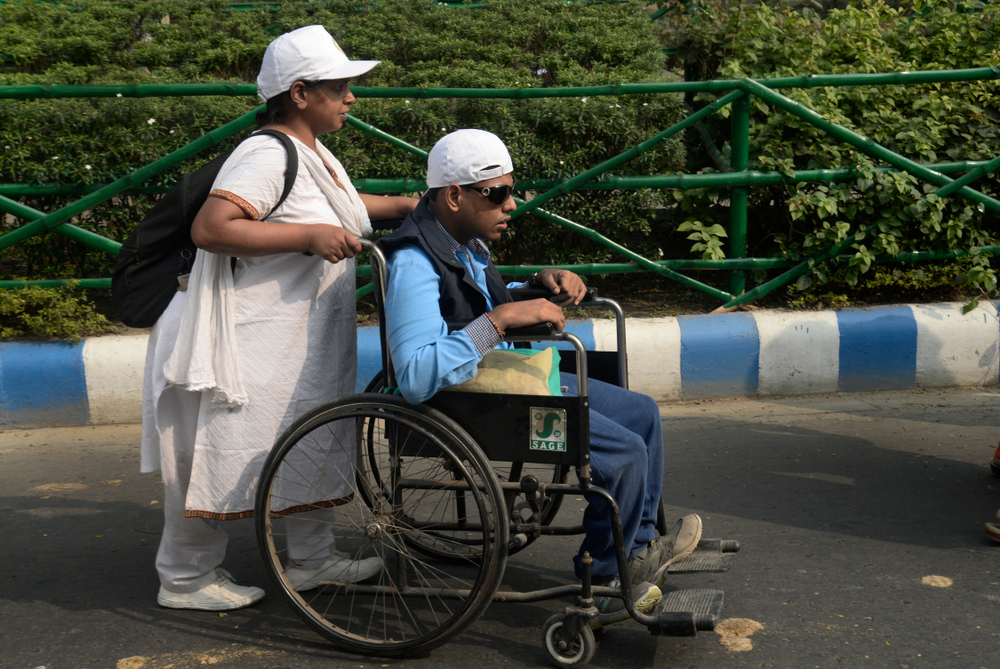Healthy teacher-student ratio, prominent display of safety protocol and sensitisation of teachers and staff are some of the guidelines drafted as part of a collaboration among several NGOs working with persons with disabilities.
The guidelines will be a ready reckoner for institutions to run a check on the facilities they have and how they can improve themselves.
The move to ensure protection of individuals with disabilities comes in the wake of the death of a four-year-old boy with autism in a hydrotherapy pool at his school in February.
A group of NGOs had met after the incident to discuss the lack of any standardisation of safety and security measures and felt the need to compile a set of guidelines, which will be discussed at a meeting on Friday. More than 40 NGOs from the state are expected to attend.
“We felt the need to strengthen our own capacity or that of service providers in the field of disability. An accident can happen but more knowledge and information can help avert some accidents,” said Kuhu Das, the secretary of the Disability Activists Forum.
The preparation of the checklist is being spearheaded by two forums — Parivaar Bengal and Disability Activists Forum — that work with individuals with disabilities to promote their rights.
The idea is that institutions should volunteer to adopt the guidelines, which will also be presented to the state for implementation.
Some of the guidelines include prominent display of safety protocol at institutions, more transparency to create trust in parents, regular orientation sessions for teachers and staff on how to safeguard the dignity of individuals, medical supervision and a healthy teacher-student ratio depending on the kind of disability. All specialised equipment must be regularly maintained and safety measures displayed.
“All members of the staff have to be made aware of how to handle difficult behaviour and not allow any punishment or restraining or humiliation of the child,” said Indrani Basu, founder of Autism Society West Bengal, one of the organisations that formulated the guidelines.
Soumen Upadhyay, general secretary, Parivaar Bengal, said the guidelines would also minimise conflict between parents and institutions. “Through these guidelines we intend to minimise areas of difference,” he said.











